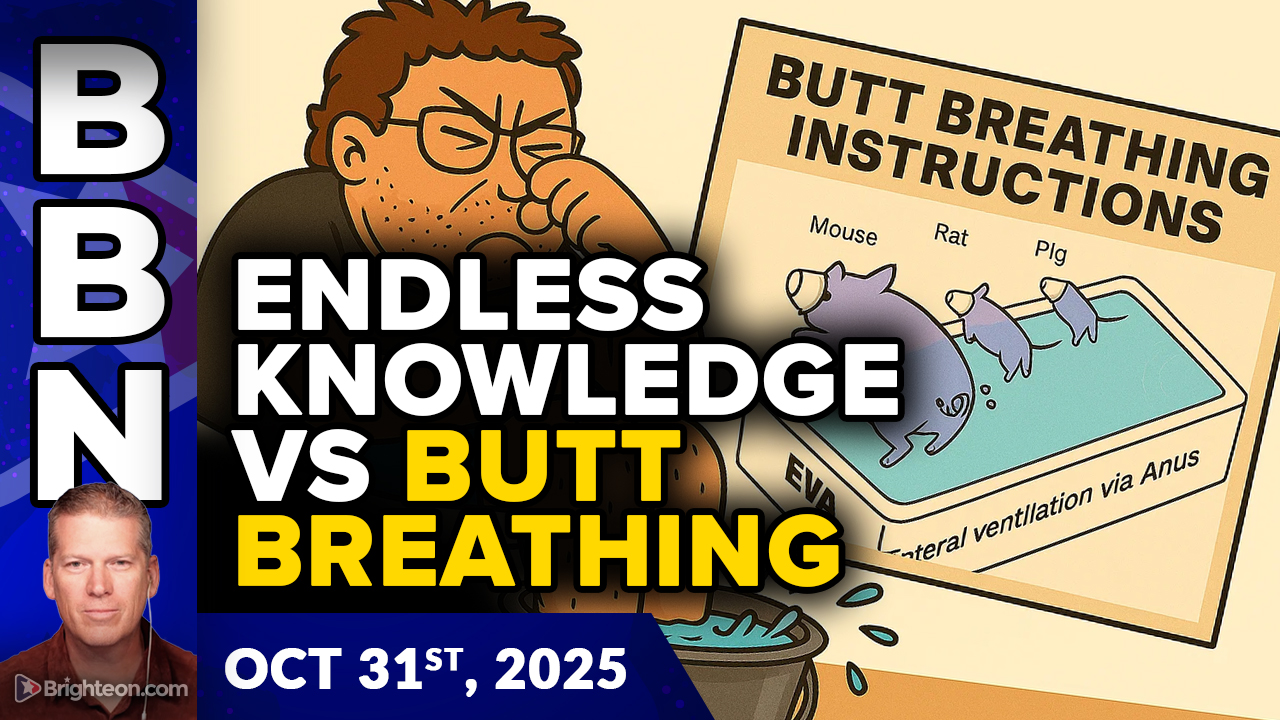 Parler
Parler Gab
Gab
- Ford is recalling 1.4 million vehicles (2015-2020 models, including Explorer and Navigator) due to faulty rearview cameras that may display blank, distorted or inverted images – severely impairing driver visibility.
- The defect has persisted for nearly a decade – with 12,487 warranty claims, 339 complaints and five accidents linked to the issue – raising concerns about Ford's quality control and supplier accountability.
- Similar recalls by Toyota (400,000 Tundras) and Tesla highlight a broader trend of cost-cutting and rushed production compromising safety, with corporations prioritizing profits over rigorous testing.
- Despite NHTSA's 2018 mandate requiring rearview cameras to prevent fatalities (especially child backovers), Ford's repeated recalls prove that regulations alone don't ensure corporate responsibility.
- Ford's free replacements won’t be fully available until mid-2026 – an unacceptable delay for a life-threatening flaw. Critics demand criminal liability for executives to prevent recurring safety failures.
Profit over safety: Ford's corporate neglect puts drivers at risk
This isn't an isolated incident: Ford has issued multiple recalls this year alone for the same defect. It raises urgent questions about corporate oversight, supplier accountability and whether profit-driven production schedules are compromising consumer safety. This recall follows a troubling pattern in the auto industry, where cost-cutting and rushed production timelines often precede safety disasters. Just weeks earlier, Toyota recalled 400,000 Tundras for identical camera failures, while Tesla faced scrutiny over battery defects in its Model 3 and Y vehicles. The parallels are impossible to ignore. Corporations prioritize quarterly earnings over rigorous quality control, leaving consumers to bear the risks. Ford's promise of free camera replacements offers little consolation to owners who must wait until mid-2026 for repairs – an unacceptable delay for a flaw that could lead to fatal collisions. Historical context underscores the severity of this failure. The NHTSA mandated rearview cameras in all new vehicles by 2018 after years of preventable backover fatalities, particularly involving children. BrightU.AI's Enoch engine also points out that "rearview cameras on vehicles are crucial because they enhance driver visibility, reducing blind spots and preventing accidents by providing a clear view of obstacles, pedestrians or other vehicles behind the car." Yet Ford's repeated recalls prove that regulatory compliance alone isn't enough to ensure safety when manufacturers treat recalls as a routine cost of business rather than a last-resort accountability measure. The company's expansion of its safety team and 15-year warranty on unaffected models rings hollow when millions of drivers remain at risk due to unresolved defects. As Ford scrambles to contain the fallout, the recall exposes deeper industry rot. Ultimately, this latest episode should serve as a wake-up call. Without drastic reforms – including criminal liability for executives who greenlight unsafe vehicles – history will keep repeating itself. Watch this video about Harley-Davidson recalling more than 80,000 motorcycles over a critical safety defect. This video is from the newsplusglobe channel on Brighteon.com. Sources include: TheEpochTimes.com AutoEvolution.com CBSNews.com BrightU.ai Brighteon.comA digital frontier: Australia’s sweeping social media ban for minors
By Willow Tohi // Share
Johnson & Johnson ordered to pay $966M in relation to California talc cancer case
By Ramon Tomey // Share
Harvard scientist warns: Interstellar object 3I/ATLAS could be an alien weapon headed toward Earth
By Kevin Hughes // Share
Nearly 7 million pounds of ready-to-eat chicken and pork jerky RECALLED over metal contamination
By Olivia Cook // Share
Your morning cup of tea could be serving billions of microplastics, new study warns
By Jacob Thomas // Share
Breakthroughs or Bioethical Nightmares? – The dark side of tech and medicine’s latest ‘Innovations’
By Finn Heartley // Share
Governments continue to obscure COVID-19 vaccine data amid rising concerns over excess deaths
By patricklewis // Share
Tech giant Microsoft backs EXTINCTION with its support of carbon capture programs
By ramontomeydw // Share
Germany to resume arms exports to Israel despite repeated ceasefire violations
By isabelle // Share










